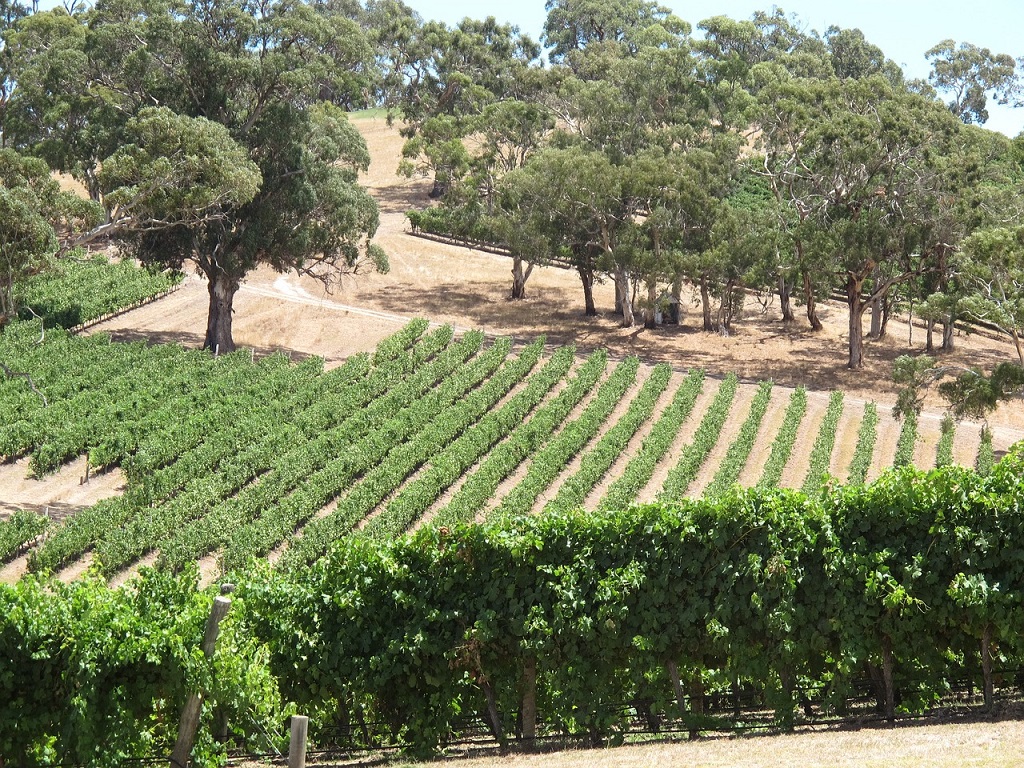The National Farmers Federation described the Federal Government’s 2023 budget as a missed opportunity to address food price inflation.
National Farmers’ Federation President, Fiona Simson, said the budget does nothing to get to the heart of rampant food price inflation – which NFF polling shows is weighing on the minds of 8 in 10 Australians.
“We know that Australians are feeling the pinch of their weekly shop. This budget ignores practical solutions that could have provided a double-whammy of price relief for households and a stronger more vibrant agriculture sector.”
“Right along the supply chain, the businesses which grow, process and transport our food and fibre are under immense pressure.
“Whether it’s workforce shortages, damaged roads, or the cost of capital upgrades – there are issues that need urgent attention if we want to achieve price relief for consumers.
“Sadly, [this year’s] budget fails to act on these in any meaningful way.”
Producers acknowledge an increase in government biosecurity spending, which extends beyond the forward estimates for the first time.
“We welcome the Government’s commitment to cement and increase baseline Commonwealth funding into the budget, including through some increased chargers on importers and travellers. It’s important to see that locked in,” Simson said.
However, producers hoping to see an increase in biosecurity funding have been dealt a bittersweet hand, with a surprise raid on farmers’ hip pockets set to help bankroll the system.
Producers will face a bill equivalent to 10 per cent of their industry-led agricultural levies – levies which already fund many biosecurity activities and organisations. Producers are already a significant contributor to the system in recognition of the benefits it provides the sector.
The increase will be imposed on products from 1 July 2024, after a period of industry consultation.
“The move to have farmers foot the bill is a bitter pill to swallow. We’re already significant financial contributors,” Simson said.
“What’s more, we bear the cost of managing historical pest and disease incursions and face the enormous threats posed by pests and diseases on our doorstep.
“After years of consultation and discussion, we’d hoped to see a scheme such as a broad-based container levy – that forced risk creators to underwrite the system.
“It’s extremely disappointing to have to continue waiting for a meaningful contribution from risk creators.”
There’s welcome clarity on the Natural Heritage Trust’s $302.1 million over five years to support producers’ transition to a low emissions future and strengthen agricultural sustainability.
The NFF supported Independent Member for Indi, Helen Haines’ proposal, consistent with NFF recommendations, for regional independent extension officers to assist farmers to better understand carbon both from an on-farm and market perspective.
“This is a critical announcement that will help farmers understand and respond to climate change, and access new environmental markets.
“NFF will seek to work with the Government on the design and implementation of this measure.”
Calls for urgent funding to repair and improve Australia’s regional and rural road network have gone unanswered by the budget.
“Over the past few months alone, devastating floods have swallowed crops and pastures and caused major infrastructure damage, creating heartache for farmers and food shortages in our supermarkets,” Simson said.
“The $250 million in new funding committed is barely a drop in the ocean in terms of what’s needed.
“Repairing our roads means strengthening our connection to markets, making food more available and more affordable for Australians. This is a missed opportunity to bring down costs in the food supply chain.”
Are you a Daily Wine News subscriber? If not, click here to join our mailing list. It’s free!
















